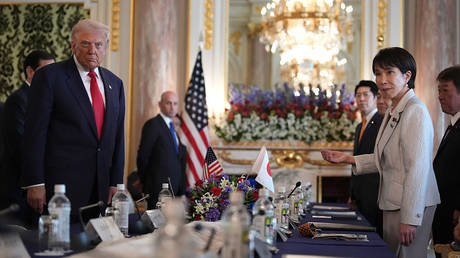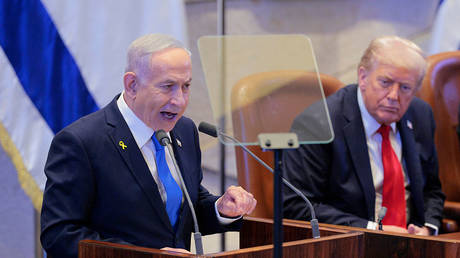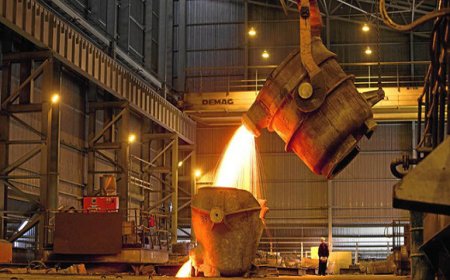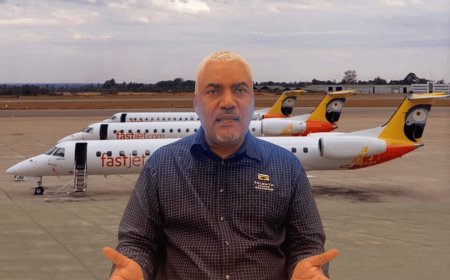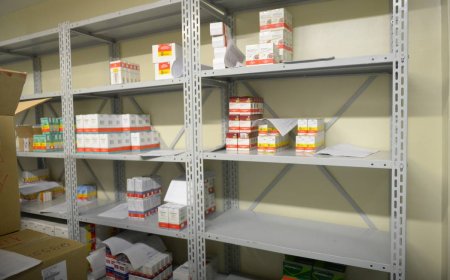Toxic Brew: Mozambique’s Illegal ‘Xivotsongo’ Alcohol Devastating Youth and Public Health
The underground industry of cheap, unregulated alcoholic beverages—commonly known as *Xivotsongo*—has become a silent but devastating public health crisis in Mozambique. Produced through rudimentary and unregulated methods, this toxic concoction is sold at rock-bottom prices, endangering thousands of lives, particularly among impoverished youth. Authorities warn that its rampant consumption has fueled destructive behaviors, including increased aggression during recent violent protests and acts of vandalism across the country.
Composed of little more than water, industrial alcohol, and artificial coloring, *Xivotsongo* is widely accessible, available on nearly every street corner in both urban centers and rural areas. For many disenfranchised young people, it serves as an escape from poverty and social despair. The illicit production network is reportedly controlled by individuals of Indian, Chinese, and Portuguese descent, operating from clandestine distilleries in areas such as Matola, Machava, and the outskirts of Maputo. Despite long-standing awareness of this trade, corruption and political connections have allowed it to thrive unchecked.
An investigative report by *TORRE.News* reveals that these cheap alcohol sachets and bottles are consumed even in places of high public concern, such as bus terminals, schools, and hospitals. A source within the Mozambican Medical Association disclosed that patients at Maputo Central Hospital (HCM), particularly in orthopedic wards, often request family members to bring them *Xivotsongo* to help them sleep—worsening their conditions and driving up treatment costs.
Mozambique’s National Inspectorate for Economic Activities (INAE), the body responsible for monitoring trade compliance, acknowledges its inability to curb the problem. “The law does not specify clear regulations on the production and composition of alcoholic beverages in Mozambique,” stated INAE Director-General Ana Rita Freitas. She confirmed that while her agency has requested toxicological analyses from the Ministry of Health to determine the beverage’s actual alcohol content and potential health hazards, no findings have been released so far. Freitas lamented the widespread sale of *Xivotsongo* for as little as 35 meticais ($0.55), underscoring the urgent need for new regulatory measures.
The Association of Alcoholic Beverage Producers and Importers (APIBA) has also denounced these illicit manufacturers, pointing out that they evade taxes and operate without government-issued quality seals. APIBA further noted that many of the listed addresses of these producers are either unknown or fabricated, making regulatory enforcement nearly impossible. The association has accused influential figures of shielding the industry, allowing it to flourish under legal impunity.
The social and health toll of *Xivotsongo* consumption is catastrophic. Stories like that of 23-year-old Chiquito highlight its lethal consequences. According to his sister, Celina Inguane, he initially drank *Xivotsongo* recreationally with friends, only to develop a dependency that ultimately led to fatal liver disease. Families across Mozambique are mourning similar losses, as young lives are cut short, perpetuating a vicious cycle of poverty and despair.
Without decisive action—whether through legislative reform, strict enforcement, or public health campaigns—the proliferation of *Xivotsongo* will continue to undermine Mozambique’s future. Authorities have been accused of negligence, allowing a toxic and highly profitable illicit market to expand unchecked. As it stands, the country faces not only a severe public health threat but also a growing social crisis, with thousands of vulnerable young people falling victim to an industry that profits from their destruction.





